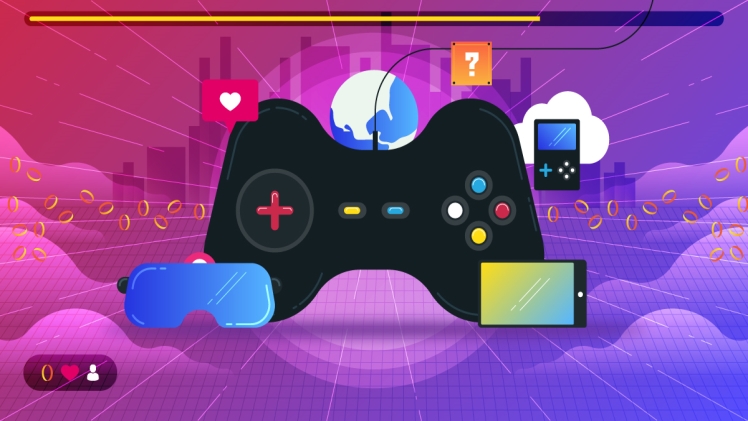Gambling is one of the most common manifestations in humans since birth. The child, even before taking its first steps, tends to look for simple games that produce a sense of internal well-being. Being, therefore, a basic component of human nature, it is perfectly understandable that it has been present in the world since the most primitive societies.
The most famous games, like roulette, actually have a quite long history and have transformed a lot throughout time. As a result, nowadays there are many kinds of roulettes, for example French roulette, European roulette and American roulette.
History of gaming
In the Paleolithic, the presence of the game is taken for granted by anthropologists, since its nature is inherent in primates. From the information saved from these prehistoric times, the conclusion can be brought that the game was closely related to the sphere of magic and the divine. Almost all the playful manifestations of this stage of humanity were an integral part of some religious ritual.
The games of great simplicity and scarce equipment of the Lower Palaeolithic are slowly giving way to others of greater complexity and structure, such as ball games (still without fixed rules), spear fighting games and some kinds of races.
At the end of this stage, the first strategy games with boards, more evolved ball games, horse riding and a game similar to badminton. Shortly afterward, in Egypt, nine-pin bowling games were played and, again, ball games.
Later, the Greeks and Romans used gambling as a form of entertainment and started using money during playing. The games played by this time can be considered precursors of modern casino games.
The very first casinos
The first casinos or gambling houses appeared in Italy, Venice in the 17th century and were called the Ridotto.
During the 16th and 17th centuries, a lot of gambling games began to be classified as forbidden and were soon transferred to private gambling houses and clubs, hidden from the church and the government. One by one, gambling was punished and controlled. For this reason, today we have enough documentation to show that roulette was not born thanks to an “invention”, but thanks to continuous change and name change from some popular gambling games at the time, of which roulette has evidently borrowed all the key elements.
In the 19th century, the king of Monaco built the very first modern casino and introduced the roulette wheel and table games to the public due to the financial problems of the kingdom. The wheel brought lots of income for the country and it soon became a symbol of the gambling culture of Monte Carlo.
The mechanization of gambling meant that winnings could be more precisely regulated. The first gaming machine and the Liberty Bell machines were invented in New York and in San Francisco at the same time. The first video slots were invented in 1976, which led to the online video slots that followed.
The gaming industry has significantly developed thanks to modern technology. Nowadays, visiting a physical casino is no longer needed for the players. Anyone can play casino games online. It might avoid them waiting in queues, being surrounded by a crowded and noisy environment. Also, online modern games are mobile-friendly. People enjoy online gambling more and more, that is the reason why casinos are constantly offering more new and entertaining games.
As a summary, it can be assumed that the origin of the game, although it is clearly established in prehistoric times, is a rather mysterious question and with too little evidence to be able to reach certain conclusions. Moreover, various gadgets that anthropologists have recognized as playful, but whose origin or function is unknown to us, have survived to date. Many others have been destroyed or lost. It is to be hoped that the most modern methods and the most professional scientists of today will gradually manage to unmask the entire series of events that still persist regarding the origin of the game.

